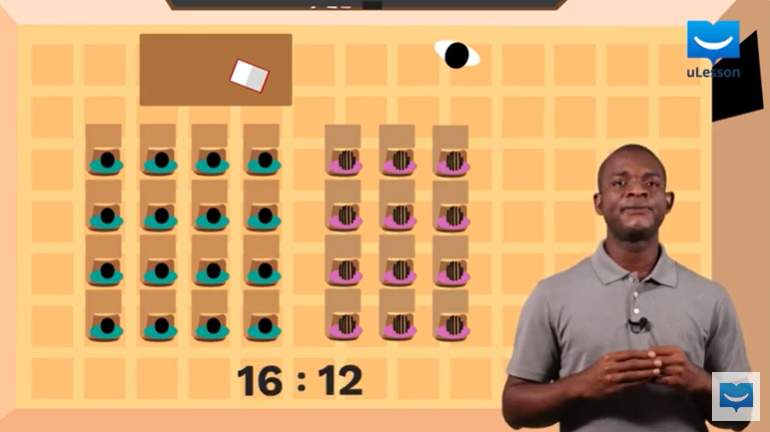Do you ever find it difficult to stay focused when you’re studying? Maybe you’re trying to review for a maths exam, but your mind keeps wandering. Or perhaps you struggle to stay focused because some subjects feel boring, and it’s hard to keep up with the tougher topics like STEM.
Don’t worry—you’re not alone! Many K12 learners find it hard to concentrate, but there are effective ways to stay on track and make learning fun and simple.
How Can You Stay Focused While Studying?

1. Create a Distraction-Free Zone
To stay focused, it’s important to minimise distractions. Set up a study area where you won’t be easily disturbed. This means turning off your phone or putting it on silent, closing unnecessary tabs on your computer, and asking family members to give you some quiet time. A clutter-free space also helps keep your mind clear.
2. Break Down Your Study Sessions
Long study hours can tire your brain, causing you to lose focus. Instead, use the Pomodoro Technique: study for 25 minutes, then take a 5-minute break. Repeat this process four times, and then take a longer break. This method helps you stay fresh and keeps your mind sharp.
3. Use Fun and Interactive Learning Tools
Some subjects, especially STEM topics, can feel challenging or boring. That’s where interactive learning comes in! The uLesson app offers video lessons, quizzes, and practice tests that make learning fun and engaging. You’ll understand difficult concepts better and remember them for longer because you’re actively participating in the learning process, not just reading from a textbook.

4. Simplify Concepts with Visual Aids
Sometimes, it’s easier to remember something when you can see it. Visual aids like diagrams, flowcharts, and videos are great for simplifying tough subjects. For example, if you find maths problems confusing, try watching a video like this uLesson maths video that explains each step clearly and creatively.
5. Take Active Notes
One smart way to learn is by actively taking notes as you study. Instead of only listening to the teacher or copying text word for word, summarise key points in your own words. This helps you understand and remember the material better.
Also, try using different coloured pens or highlighters to keep your notes organised and fun to look at.
6. Set Clear Goals for Each Study Session
Before starting, ask yourself, “What do I want to achieve in this study session?” Setting clear, specific goals keeps you focused and motivated as you tick off your tasks. Your goals could include completing a chapter, solving five problems, reviewing a certain topic, or learning new vocabulary.

7. Practice Mindfulness
Mindfulness can help calm your mind and improve concentration. Before you begin studying, try breathing exercises or a quick meditation. It clears your head, making focusing on the task at hand easier. Even a few deep breaths can make a big difference in how well you stay focused.
8. Reward Yourself
Studying isn’t all about hard work—you deserve rewards too! After completing a study session or achieving a goal, treat yourself. Whether it’s watching your favourite show, playing a game, or having a snack, these small rewards motivate you to keep going and make studying less of a chore.
9. Get Enough Sleep
It’s easy to lose focus when you’re tired. Ensure you get 8 to 10 hours of sleep each night so your brain can recharge. A well-rested mind learns faster, remembers concepts better, and stays focused longer during study sessions.

By using these strategies, you can stay focused while studying and make it more effective, improve your grades, and make learning enjoyable. Remember, understanding concepts better, improving from average to distinction, and enjoying the learning process are all possible with the right approach.
Try incorporating interactive tools like those on uLesson, where you can access quizzes, video lessons, AI-powered homework help, and practice tests to help make your study time more productive.
Check out other helpful articles on our blog for more tips on improving your study habits.



